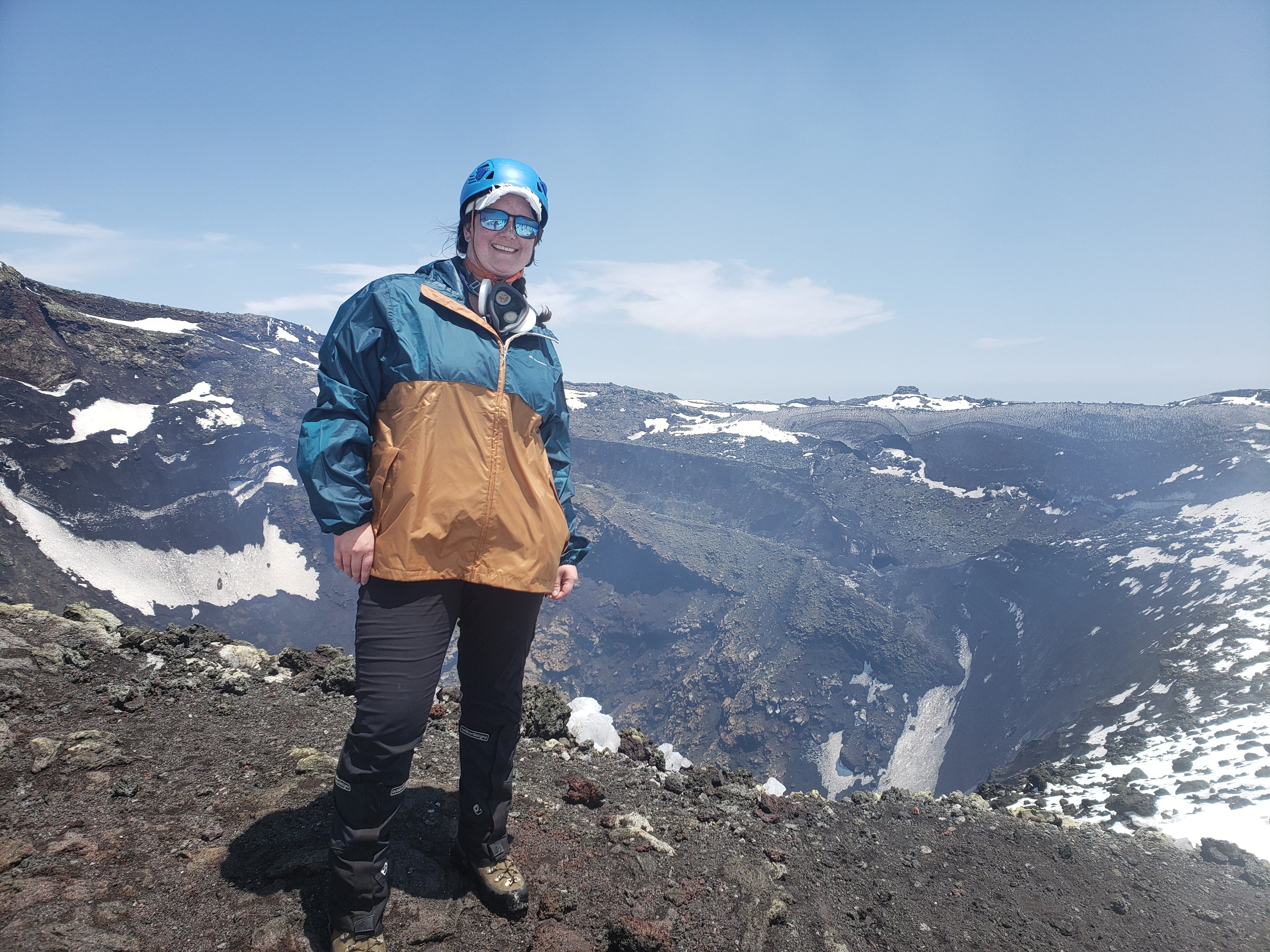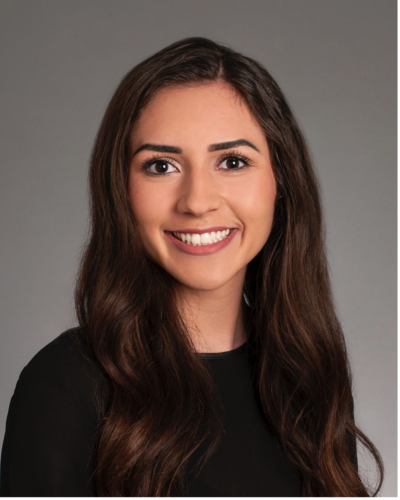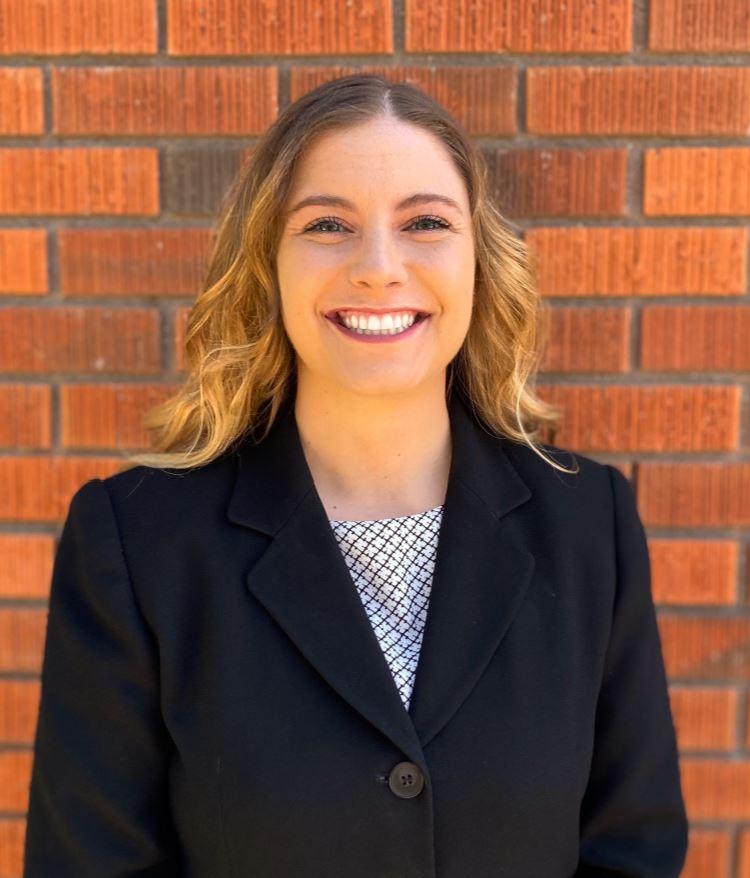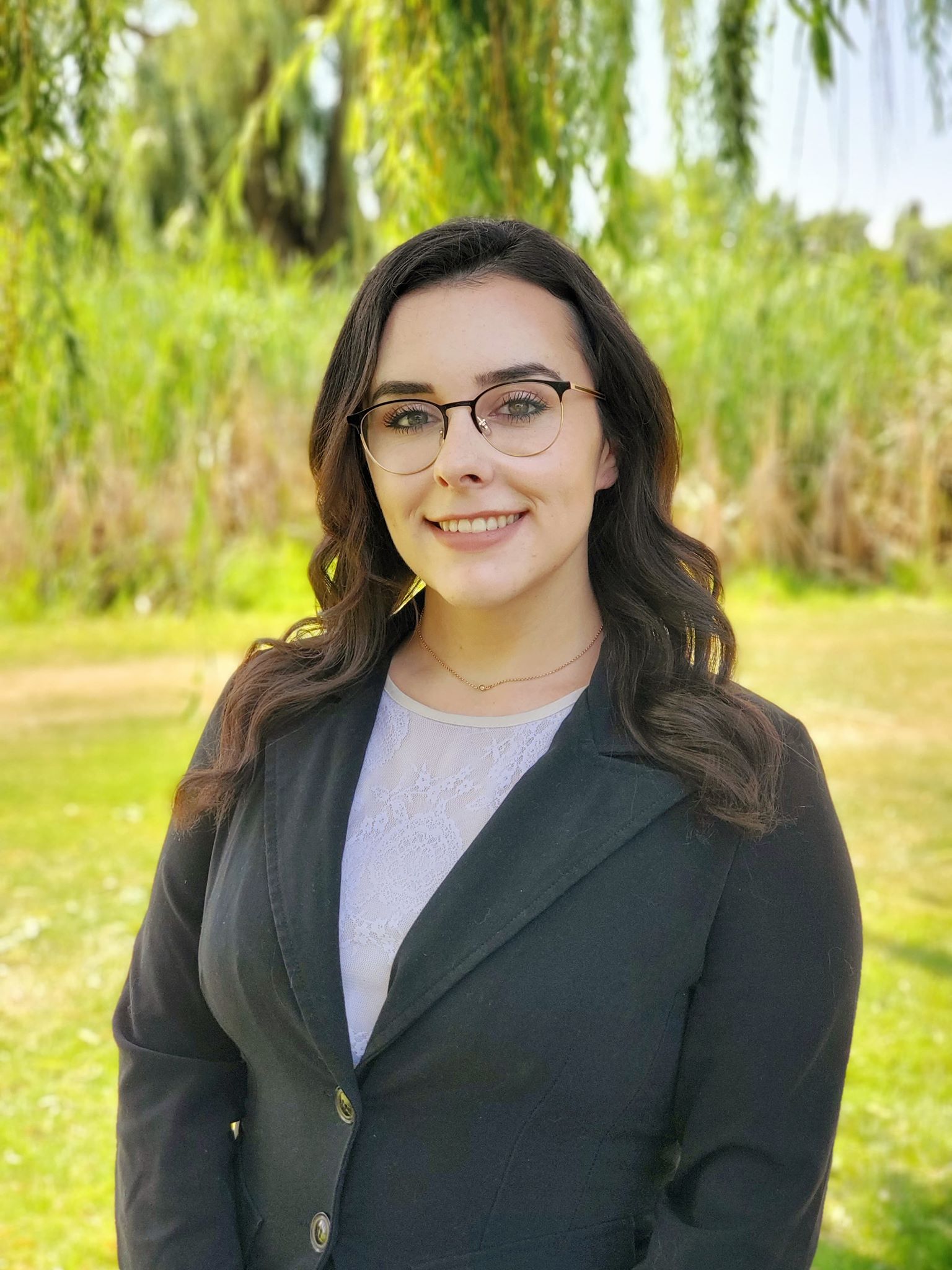Nine Boise State-affiliated students from various disciplines recently earned the recognition of the National Science Foundation for the quality and promise of their research endeavors. Four students received offers to join the NSF Graduate Research Fellowship Program.
The program awards outstanding students in STEM-based graduate programs for their meritorious research and promising outlook. This program offers financial support to winners with a $12,000 cost of education allowance for tuition and fees, as well as an annual stipend of $34,000 to each student.
Boise State affiliated NSF GRFP awardees of 2021 include:
- Ashley Bosa, geosciences, volcanology
- Zoe Hutchinson, physics and astronomy
- Jesse Schimpf, a Boise State alumni (B.S., materials science and engineering, ‘20), now enrolled at the University of California Berkeley
- Hannah Spero, geosciences
Five students received an NSF Graduate Research Fellowship Program Honorable Mention in recognition for their research, which is a significant national achievement.
Boise State affiliated NSF GRFP Honorable Mentions of 2021 include:
- Kate Benfield, biomedical engineering
- Tiffany Berntsen, electrical engineering
- Jamie Faselt, ecology
- Jessica Mueller, geochemistry
- Ariel Weltner, materials science and engineering
Use the following links to learn about NSF-recognized students in the College of Innovation and Design, and College of Engineering.
Meet the four NSF-recognized College of Arts and Sciences students:

Ashley Bosa
Bosa hails from Alamosa, Colorado and conducts research using infrasound to study rain-triggered volcanic mudflows in Guatemala.
“I’m one of those people who can sit and watch lava flow videos for hours,” Bosa said. “When I spoke to my advisor, Jeff Johnson, about a project to study volcanic mudflows (lahars), I had to jump at the opportunity. Lahars are very exciting phenomena – as well as very dangerous – and this research not only allows me to satiate my curiosity in fluid mechanics and dynamics, but to learn a whole new discipline and gain experience in volcano monitoring and hazard mitigation.
Bosa holds a bachelor of science in geology from Adams State University (2019), as well as a bachelor of arts in anthropology and elementary education from the University of Colorado – Boulder (2008). Despite being ‘new to the geophysics realm’ Bosa has ambitious plans to pursue her passion.
“My ultimate goal is to become a leading expert in lahar /debris flow research and work for a scientific agency, such as the United States Geological Survey. I’d also love to be involved in the organization and implementation of international conferences where people involved in volcanic crises come together to brainstorm and discuss ways of improving science communication and hazard mitigation efforts for communities affected by volcanoes worldwide,” Bosa said.
Zoe Hutchinson

“Researching cancer has been on my heart since I was 12 years old,” Hutchinson said. “I remember listening to my mom and grandma talking at the dinner table about how they were mind blown that there was no cure for cancer. The stubborn side of me came out and I decided I wanted to be the person to find a cure.”
Hutchinson is a senior in the Boise State physics program set to graduate this spring with a bachelors in physics with an emphasis in biology. This Boise-based student researches membrane transport (or the movement of particles through barriers in the human body) with the goal of developing new methods to control how drugs release in the body.
“There is currently not a way to control drug release inside of our body, which can result in a lot of negative side effects when getting treated,” Hutchinson said. “There are a lot of side effects that come from our current methods of medicinal intake (pills, shots, inhalation) so being able to have a controlled and targeted release of the medicine can leave people with less side effects, and a more effective treatment method.
Though Hutchinson said she didn’t originally know how to go about becoming a cancer researcher, finding physics professor and mentor Daniel Fologea in her first semester made all the difference.
“Dr. Fologea has guided me and welcomed me into his biophysics lab to work on various projects throughout all four years of my undergraduate career. My hopes for the future are to work on chemotherapeutics and become a professor.”
Hannah Spero

Hannah Spero is a senior in the Department of Geosciences from Boise. Through her experiences as a learning and teaching assistant in geosciences, and also a calculus tutor and pre-calculus instructor, she discovered her passion for teaching and mentorship, and solidified a goal to pursue a professorship in the future.
With this fellowship, Spero will pursue a Ph.D. in civil engineering and research in environmental fluid dynamics. She was accepted into four doctoral programs and she is looking forward to deciding where to continue her education. The fellowship will allow her the flexibility to study a critical new research area – landslide-triggered tsunamis – with goals of improving coastal resilience by creating a new way to model these events.
Current coastal inundation and evacuation plans do not include landslide-triggered tsunami scenarios because they are incredibly complex to model. However, with recent computational and technological advancements, Spero plans on creating a validated model to simulate these hazards and better understand the consequences.
“I am grateful for the mentors and my time at Boise State which has helped shape me to become the student and researcher I am today,” she said. “A special thanks is due to Lejo Flores and Ellyn Enderlin for encouraging me to apply for this fellowship, and the countless other professors for their support through the application process. I am excited to represent the Department of Geosciences undergraduates, the College of Arts and Sciences, and Boise State with this award!”
Jessica Mueller

Mueller said she didn’t originally expect to find herself studying geochronology, but a drive to battle climate change coupled with a research experience in France set her on a path that led to Boise State’s Isotope Geology Laboratory.
“I used to think that the only way to do this was by developing methods to remove greenhouse gases from the air or to help communities be more prepared for climate change related hazards. But in the summer of 2019, I earned the opportunity to go to Lodeve, France to study sedimentology and deep time. This experience made me realize that I wanted to learn more about paleoclimatology and how it could be used as a tool to better predict future climate change.”
Mueller works with mentor Mark Schmitt to date zircons crystals and constrain the paleoclimatic events on the geologic timescale. She hails from Nampa, and anticipates beginning a doctoral degree in Geochemistry at the California Institute of Technology.
“Geochemistry and geochronology are incredible because, in a way, they allow us to see into the past and watch events unfold. Without these methods, the physical evidence of the Earth’s history would have no inarguable sequence. Constraining the geologic timescale allows us to create informed hypotheses about the causes and consequences for multiple events, including climatic events,” Mueller said.